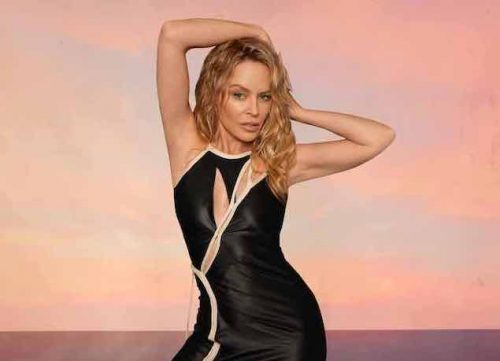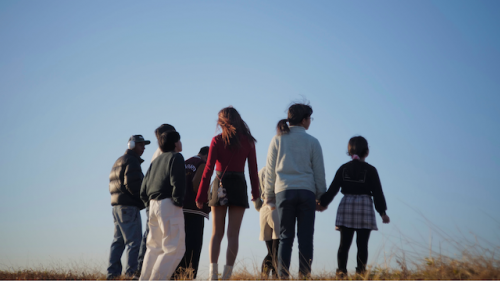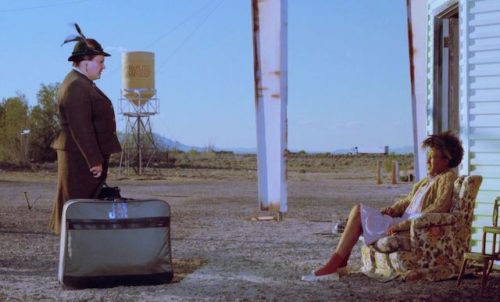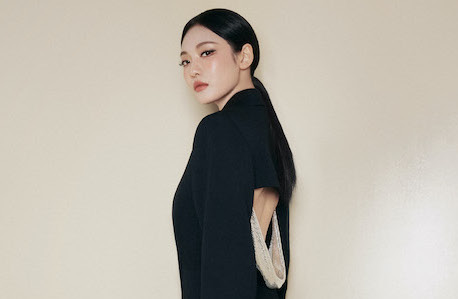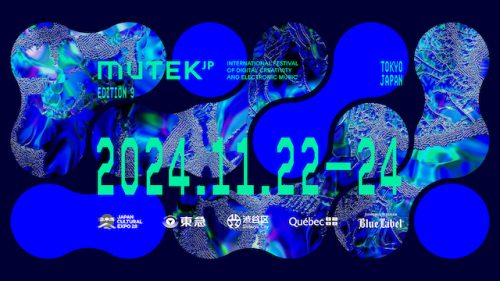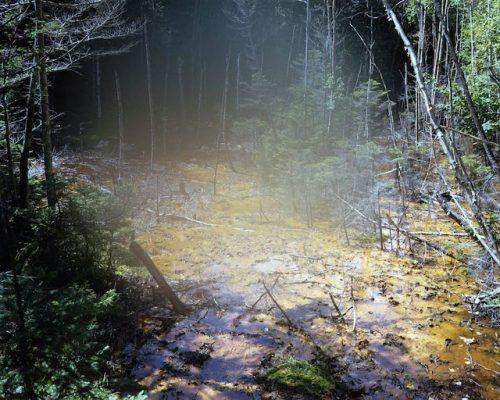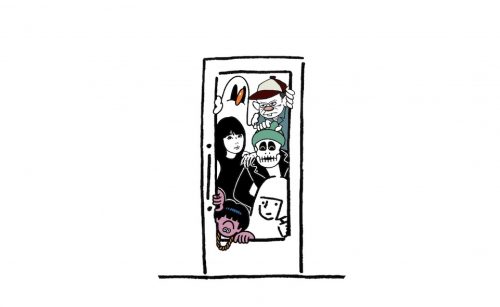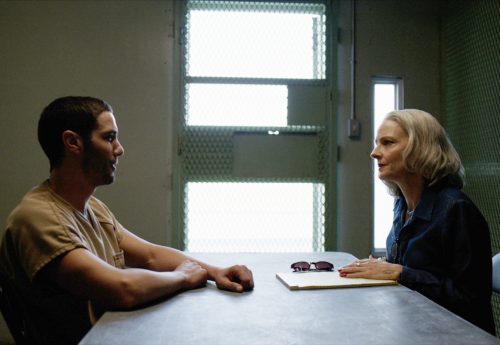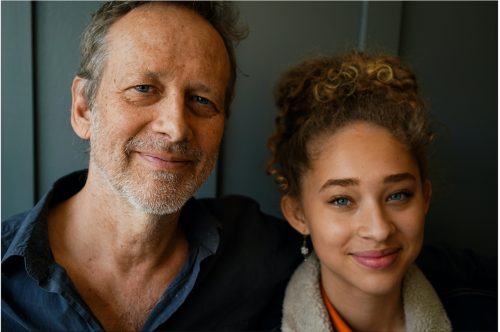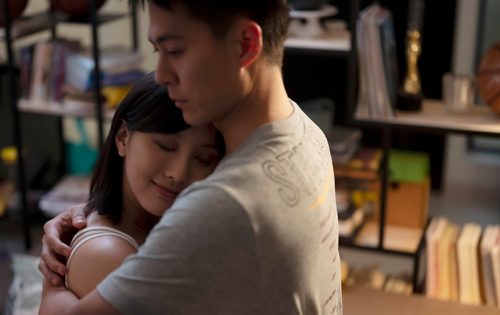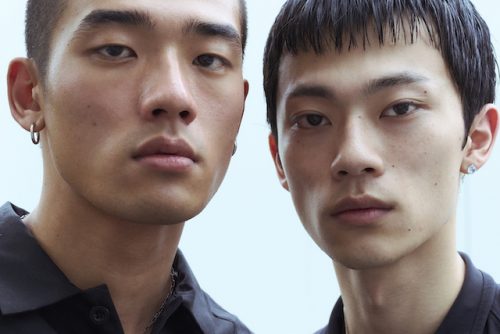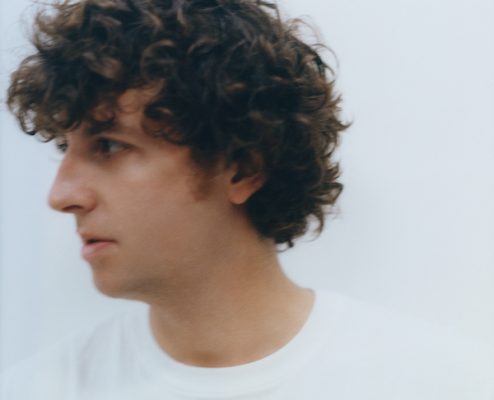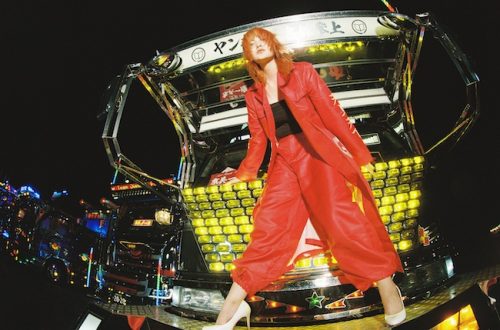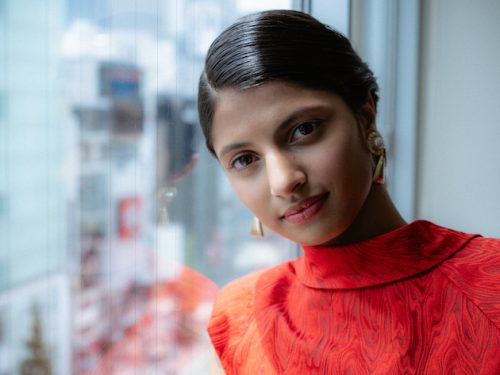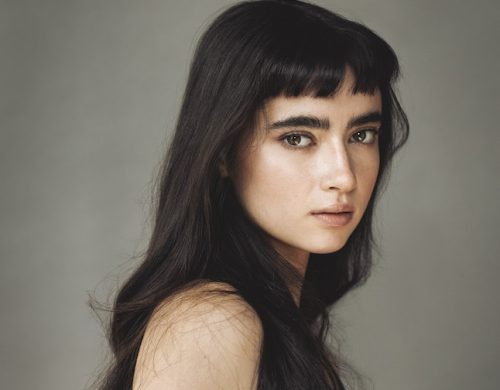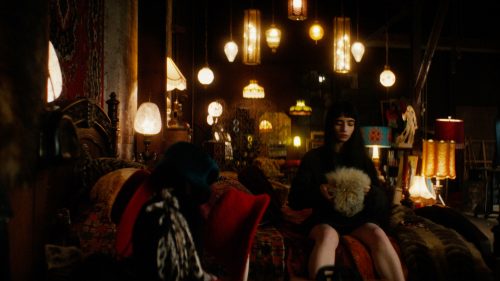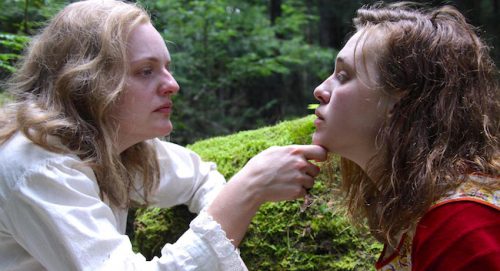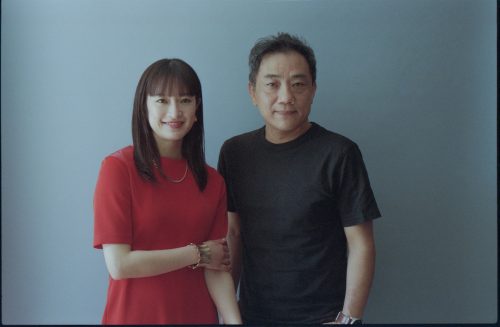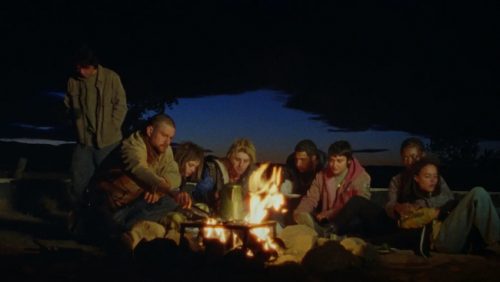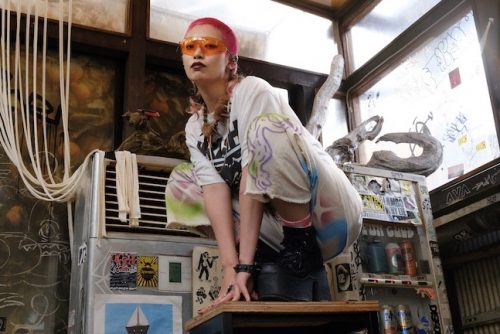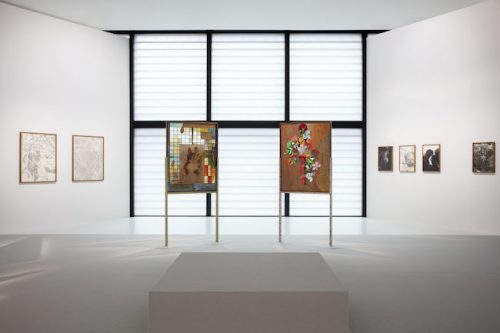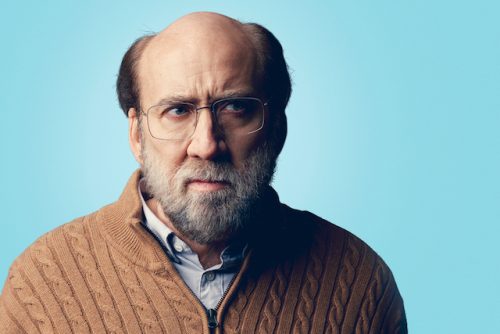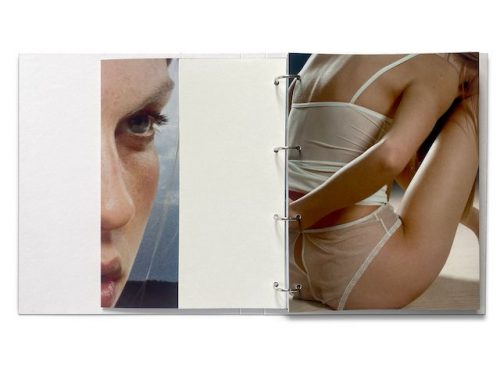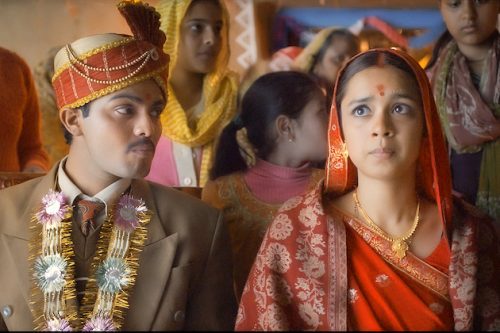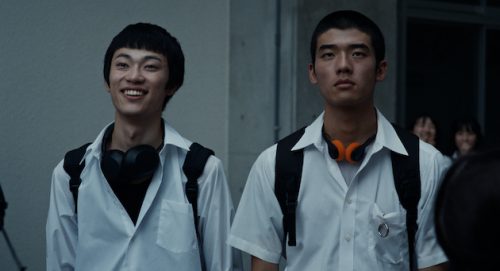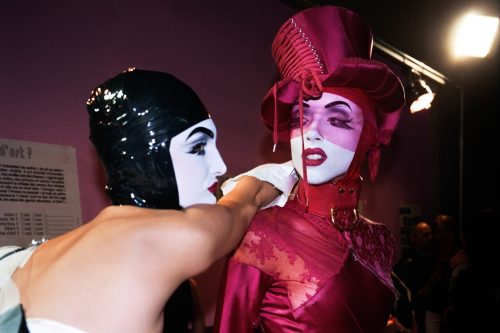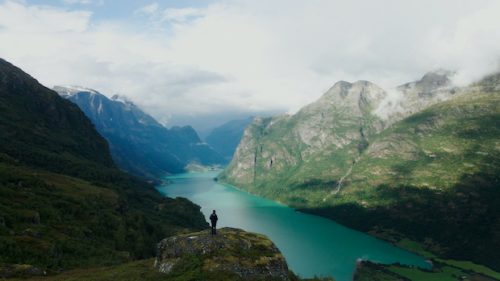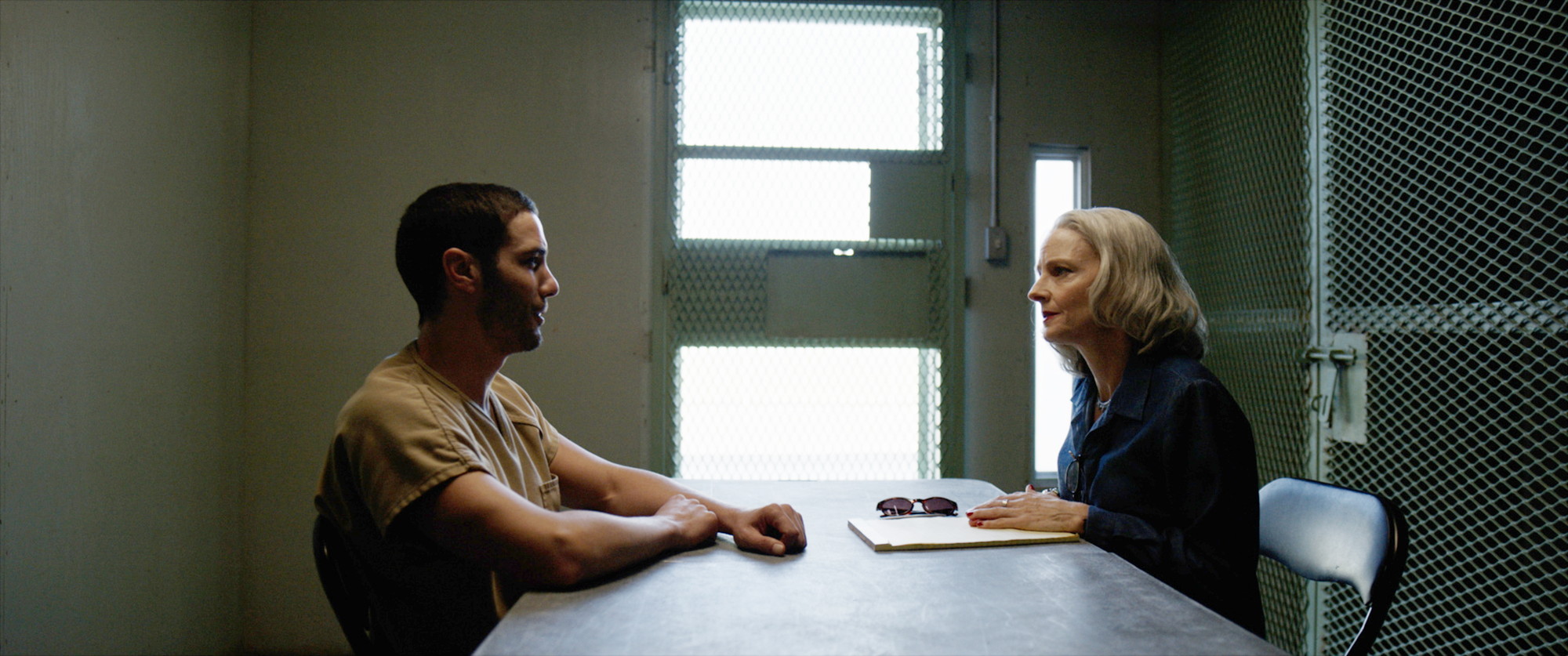
――I read that you decided to make this film after you had talked to Mohamedou Ould Slahi?
Kevin Macdonald: I read his book before I decided to make the film, because the rights to the book were owned by Benedict Cumberbatch and his company, and his producer gave me the book. I read it and thought it was interesting, but I thought, “Does the world need another film about the war on terror, about Islamic terrorism?” They said, “Just speak to Mohamedou.” So I spoke to Mohamedou by Zoom when he was in Mauritania, and I was so captivated by him and his charisma, his lack of anger.
――What inspired you the most from that conversation with him?
Kevin Macdonald: He’s made a real decision that he wants to forgive, and he tries to live by that every day. I was so struck by that, after everything that happened to him. And he’s a big film lover. In prison in Guantanamo, he got to know everything about American culture because the guards would bring him American books and American movies on DVD. He’s watched “The Big Lebowski” 90 times. So that’s an extraordinary thing, he loves America in a way. He loves American culture, but he hates other aspects of America. He is also very funny. He is able to be very amusing and very warm. I thought that this is an extraordinary person, extraordinary survivor, and I would like to put his story on to film.
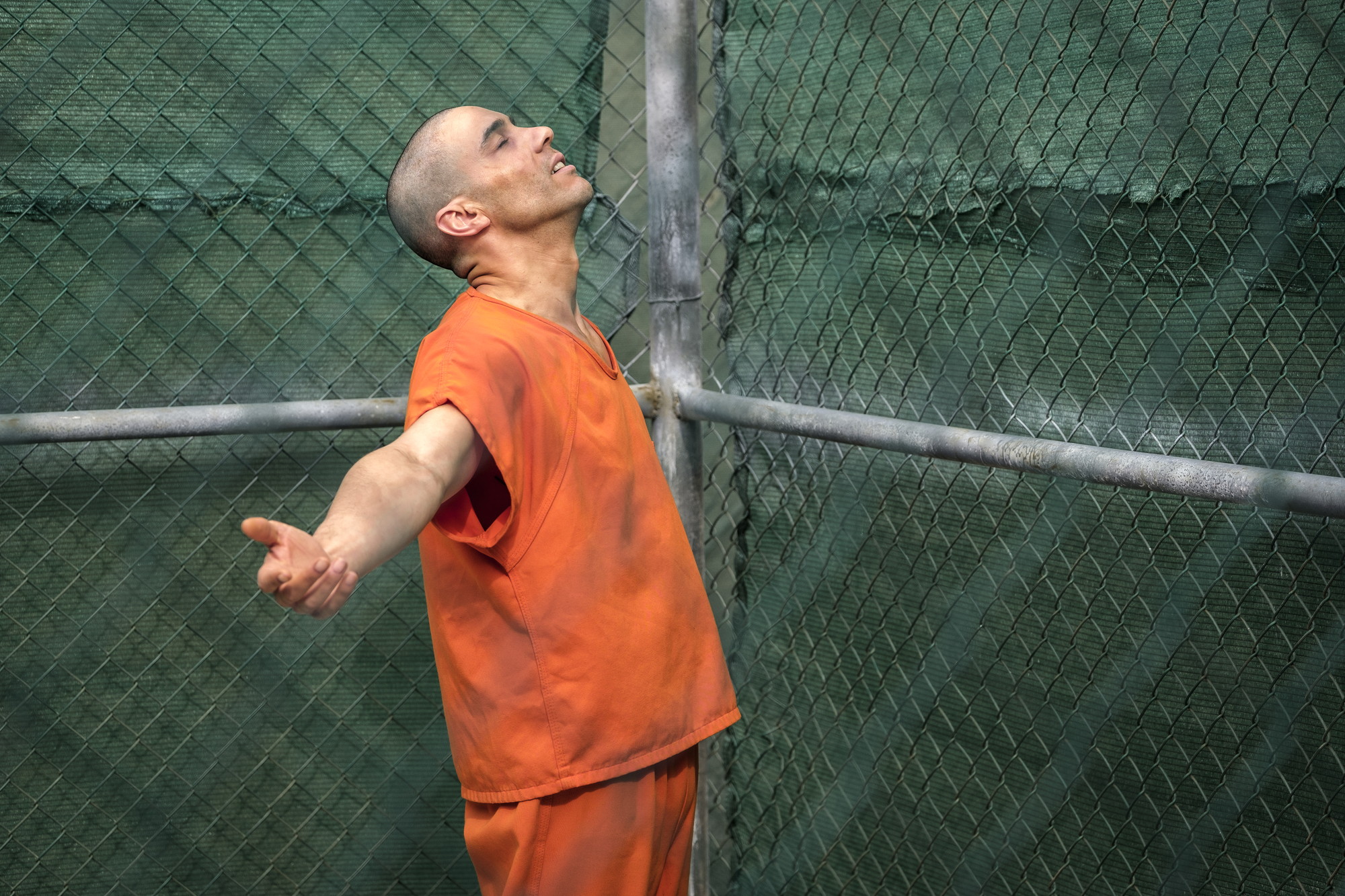
Habeas_31-01-20_2506.RAF
――In the film, Mohamedou is depicted very charming, and I thought it’s only because it’s a movie. But at the end of the film, we get to see the actual footage of the real Mohamedou and he actually seems even more cheerful.
Kevin Macdonald: He is. He has this innocence to him that’s very, very endearing. He recently came to London. He was the first Guantanamo inmate who was able to travel. He stayed with me, and my children hung out with him and watched Chris Rock videos with him. It was a lot of fun. He’s a very lovely person. And you can also see there, of course, that he’s very traumatized. Beneath the surface, there is a lot of psychological damage, of course. But he tries very hard to keep that invisible and to live his life in the moment positively.
――When you talked to him for the first time, what did you want to know the most?
Kevin Macdonald: I wanted to get a feeling for his character. The main aim of this film is to humanize somebody who is tarred as being a Muslim terrorist. He’s a human being like anyone else, and actually a magnificent human being, someone who the audience could imagine being friends with.
――It must be difficult to play in a biopic, especially when the topic is so recent like this one. But Tahar Rahim was great as Mohamedou.
Kevin Macdonald: Tahar is a friend of mine. We did a film together ten years ago and we’ve stayed in touch, but his English used to be very bad. Then over the years, his English got better and better. So when I decided to make this film, the first person I thought of was Tahar, because he had some of the same qualities, the same openness, the same warmth, but also there’s a little part that you’re not sure if he is bad or he is good. Something about Tahar, you’re a little uncertain of him as well. He’s very charismatic, but maybe a little darker side to him. You see that particularly in his first film which was his breakout performance. It was a French film called “Un Prophète” which is a wonderful film.
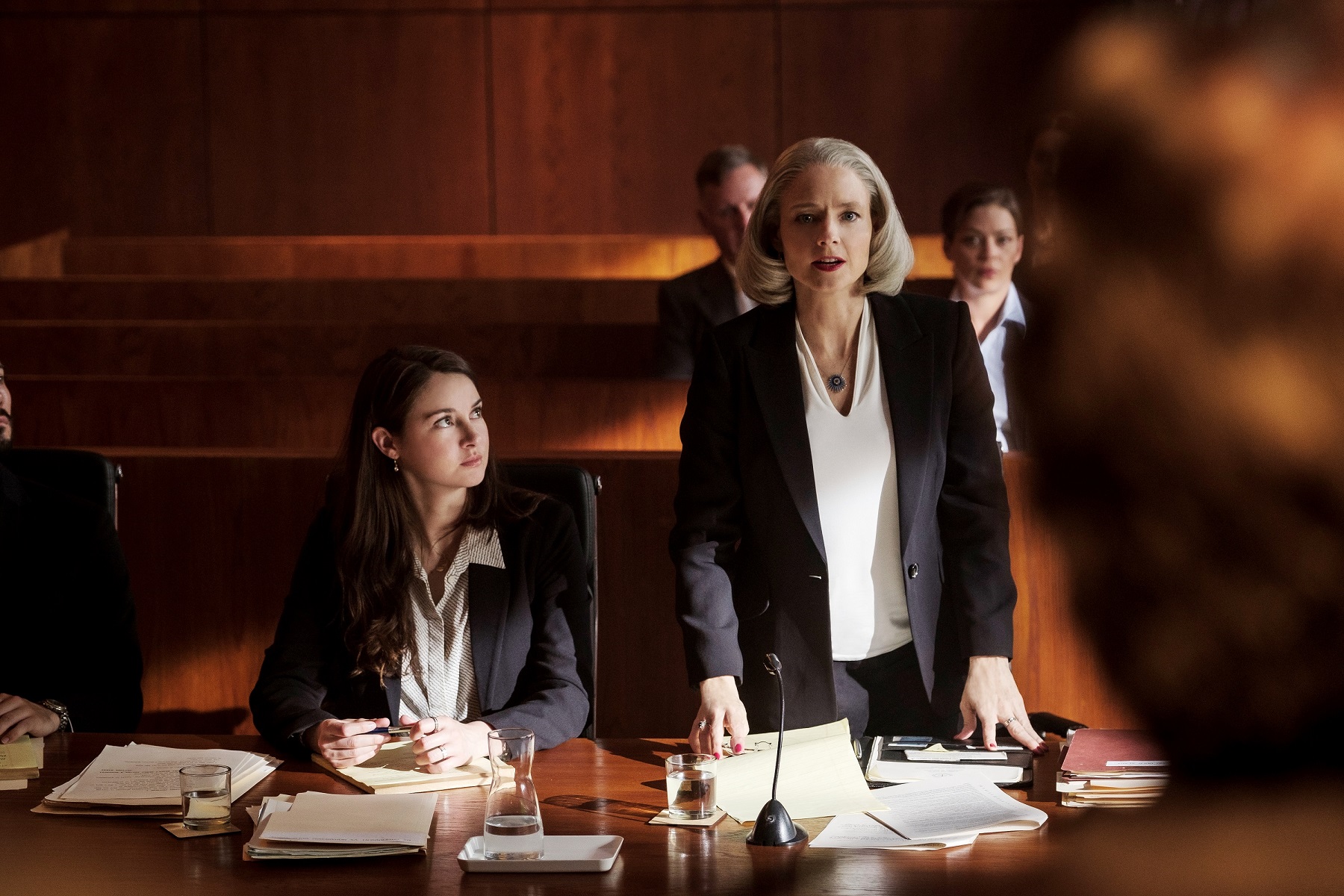
Habeas
――Jodie Foster is someone who makes you want to watch the film as long as her name is on the poster. In this film, she plays the difficult role of Nancy Hollander, a lawyer who was condemned by many American citizens for her defense of Mohamedou. How was it like working with her?
Kevin Macdonald: She is obviously a legend, and it was an incredible honor really to work with her. I think Tahar felt the same way, everyone felt the same way. It’s like working with someone who has made some of the great films of the last few decades. And she is surprising because she is very modest and very unstarry. She has not got a huge ego. She’s very quiet. If you ask her to do something, she nods and she does it. She doesn’t argue, she doesn’t throw a temper tantrum. She’s very reasonable and very thoughtful, and very generous to everyone else around her. But I think she saw in Nancy a little bit of herself. There’s a side to Jodie which is quite reserved and a little cold. Nancy is like that and she finds it very difficult to be friends with people in a simple way. She is too direct with people. She doesn’t play by the rules. She is a very straightforward person. So I think Jodie related to that, and in a big deal in a big way.
――How did Nancy Hollander feel about Jodie Foster playing herself?
Kevin Macdonald: What do you think? [laughs] She couldn’t believe it. She said to me that the week before we cast Jodie, she went to see her dentist. And the dentist said to her, “Oh, you’re making a film about yourself? I think Jodie Foster should play you.” At that time, she didn’t know that Jodie was going to play her. So when she found out, she was so shocked.
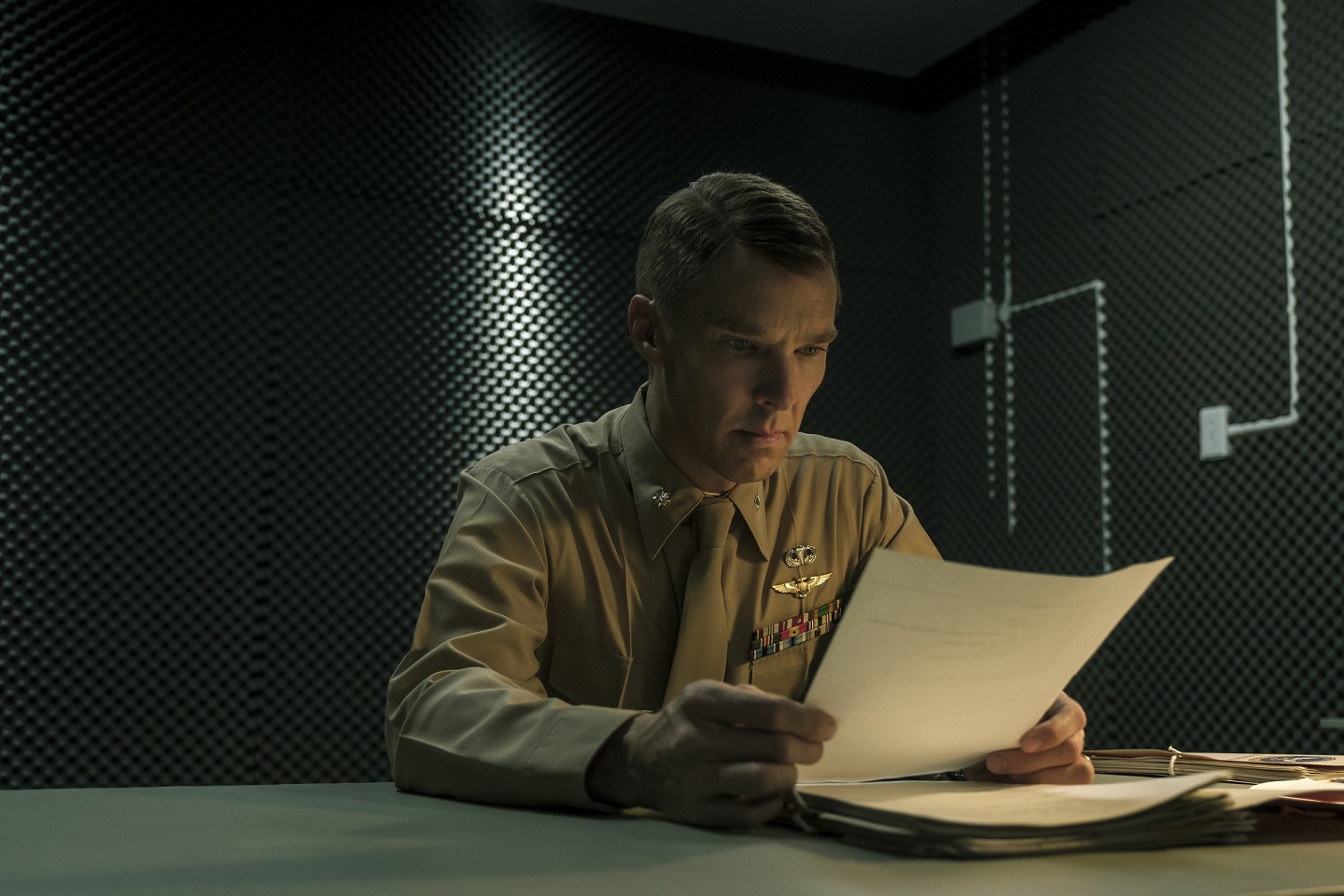
Habeas_05-12-19_304.RAF
――I was a little surprised when I found out that Benedict Cumberbatch was going to play American Marine Prosecutor Stuart Couch, but he was great.
Kevin Macdonald: He is a great actor and he is incredibly skillful. And I think when you are such a great actor, you could play almost anybody. He was one of the producers on the film and supported the film all the way through. And obviously again, he brought his own fame and his celebrity to help get this film made, because it wasn’t an easy film to get the money for. So only by having his and Jodie’s and Shailene Woodley’s and Tahar’s support, we could get a film like this made today.
――Whereas many Hollywood films have a clear depiction of good and evil, the main characters in this film, Mohamedou, Nancy and Stuart, each stand up for their own beliefs.
Kevin Macdonald: Because I come from documentaries, I don’t tend to look at stories in terms of black and white, good versus evil in the Hollywood traditional way. Because in real life, when I’m doing a documentary, I know that everyone has both in them. And I think if I had made this film just about Mohamedou and saying what a lovely, interesting person he is, I don’t believe that American audiences or international audiences would have cared, because people are brainwashed into relating to people who are stars or who they know about. Of course, that is the strength of having Benedict, Jodie and Shailene.
――I see.
Kevin Macdonald: Also, I wanted to reach the Republicans in America, the people who voted for George Bush. Of course, Americans aren’t all bad when it comes to the war on terror, in the same way all Muslims aren’t bad, either. So I wanted to show that it’s the system and the politics that was robbed, but not the individuals by showing both of these American individuals who stood up to try and do what was right. Of course, they failed. They tried to release Mohamedou, but then the Obama administration put him back in prison for seven more years after he won his case. Everyone who is liberal in America and Europe thinks Obama did everything right. So to say actually there is a Republican like Stuart Couch, who is a good guy, but there is also Obama, who, in this case is a bad guy. It’s very complex and ethical, and I think to me that’s interesting.
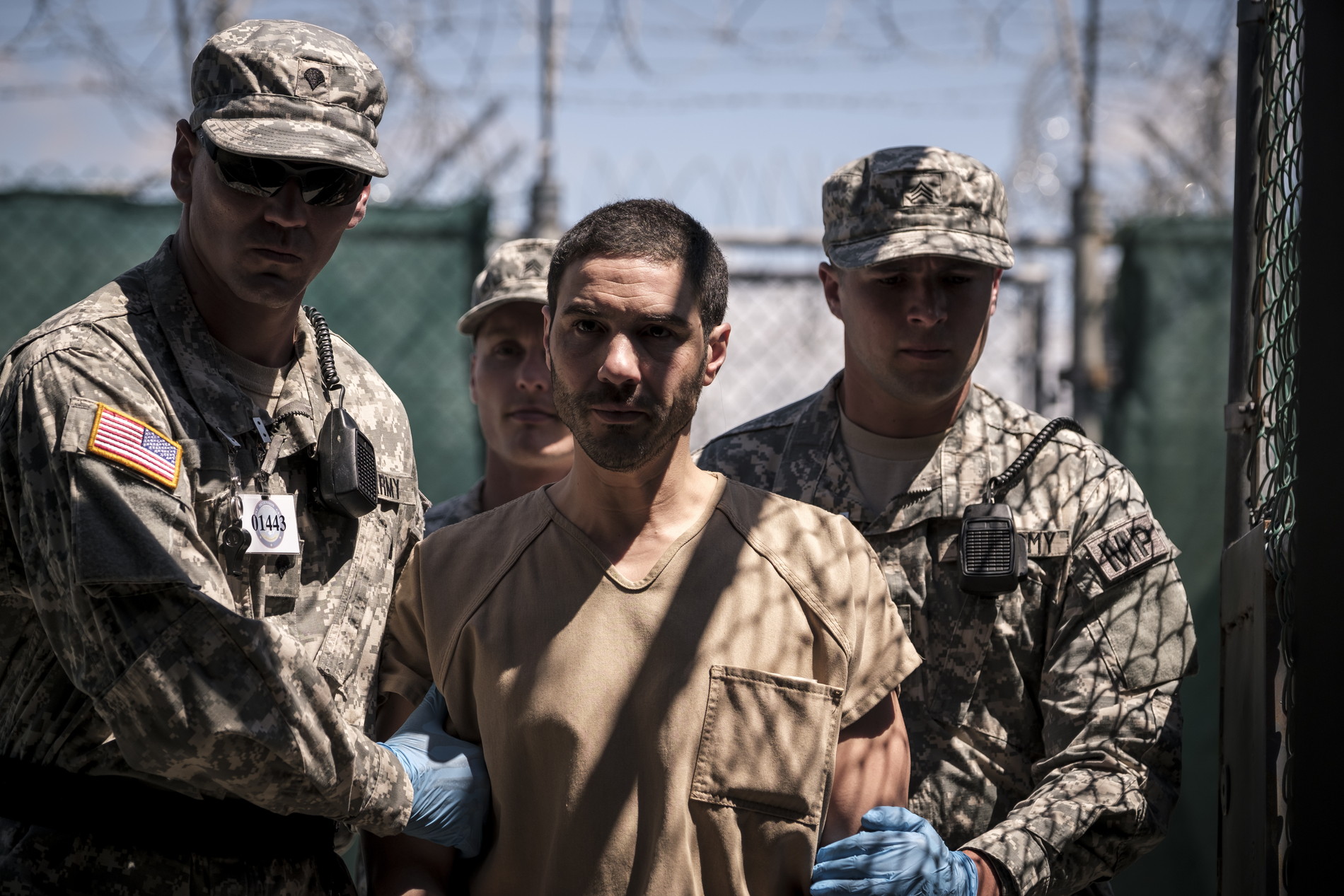
Habeas_09-01-20_1199.RAF
――There are a lot of scenes in this film that are hard to watch. What was most challenging filming?
Kevin Macdonald: Some of the most challenging things were just filming in the prison, not necessarily the torture, but filming lots of scenes in very tight spaces, where you don’t have anywhere to put the camera. And of course, when we did the sequences of interrogation and torture right at the end of the filming, it was really upsetting doing it. He lost a lot of weight for that section. He deliberately put himself through a lot of the things that happen in the torture sequence. So he was in pain, he was hungry. We were in tight spaces with loud music and lights, and it was a very unpleasant experience for the crew for that week. There’s a literal flavor for the horror of what this man went through. But it felt important to me for the audience to see the reality. Because everything that you see in that torture scene happened. So I felt like for the audience to really understand their story and understand the horror of what happened, they needed to go through that experience.
――What did Mohamedou think about the film when it’s completed?
Kevin Macdonald: He loves the film because it’s spreading his story, and he wants people to react to it. He loves it when people contact him on Twitter or Instagram. Tell your readers that they should (contact Mohamedou) if they liked the film. For so long, he’s been without a voice and now he has a voice through the film, and it’s really made a big difference to his spirit. So he loves the film, but of course, it’s hard for him to watch it. I think he’s only watched it all the way through one time. He’s watched all the bits up until the torture and the bits after, but he’s only one time watched the torture because it’s too traumatic.
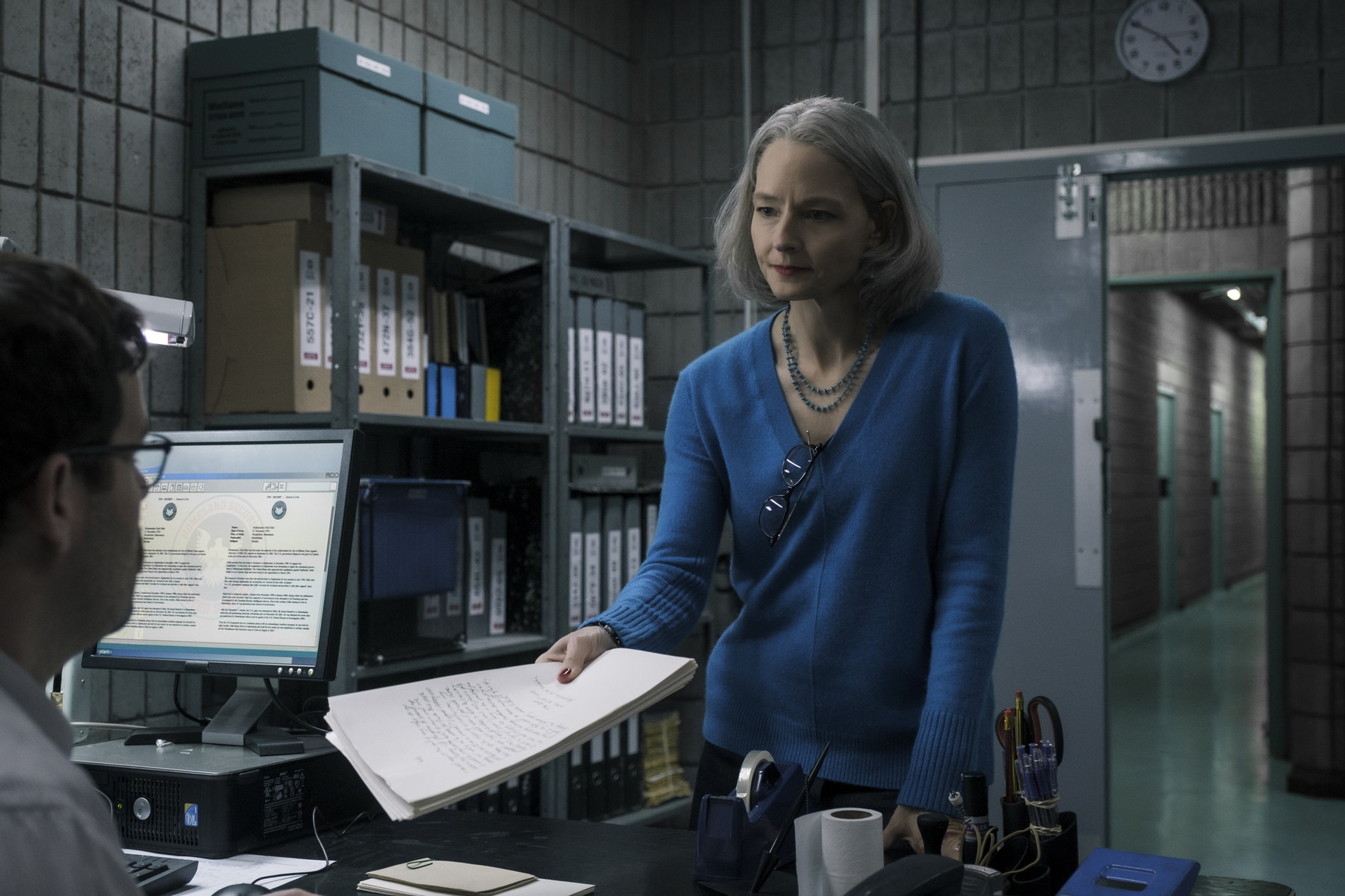
Habeas_17-12-19_909.RAF
――What do you think it means to release this film now that this year marked 20 years since 9/11?
Kevin Macdonald: I think that we are now in an interesting point where this period of history is becoming history. It’s not really our lived experience anymore. So it’s the time now where it’s not so sensitive, and people can see it with a little more objectivity. But I think we can’t move forward as a world without understanding the worst things that have happened, the worst things that people have done to other people. Because without understanding those things, we will repeat the same patterns again in the future.
――What’s next for you? What are some of the subjects that you’re interested in at the moment?
Kevin Macdonald: I am developing lots of things but I’m not quite sure what I’m doing next. It’s a strange time in film because film is under so much stress because of Covid and cinemas closing, but that’s where my love is, so I hope to make another film.
text nao machida
